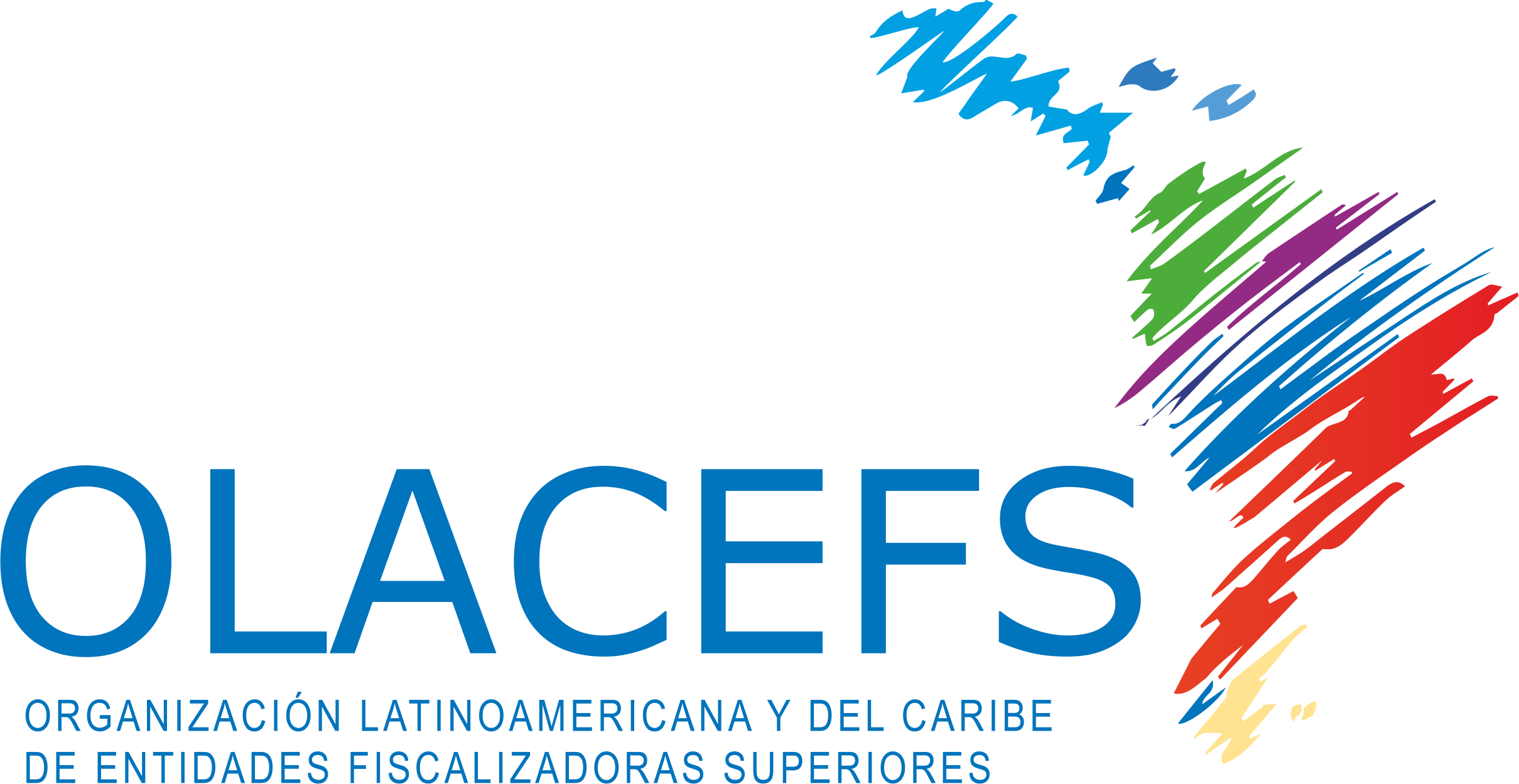Sendai_ingles.pdf
Folleto
18th Oct 2022
Extracto
Coordinated Audit of the Sendai Framework
and poverty reduction
(SDG 1, Target 1.5)
Coordinated Audit of the Sendai Framework
and poverty reduction
(SDG 1, Target 1.5)
2
◀ COORDINATED AUDIT
The Chair of the Working Group on Disaster
Management Auditing in the Framework of the
Sustainable Development Goals (GTFD) is pleased
to invite the OLACEFS community to join the
Coordinated Audit on the Sendai Framework and
Poverty Reduction, specifically the review of Target
1.5 of SDG 1 to be developed during 2022 and 2023.
Target 1.5 states “by 2030, build the resilience of the
poor and those in vulnerable situations and reduce
their exposure and vulnerability to climate-related
extreme events and other economic, social and
environmental shocks and disasters”
It should be noted that the Sendai Framework for
Disaster Risk Reduction 2015-2030 constitutes a
global, voluntary, and non-binding agreement that
was adopted at the Third World Conference of the
United Nations (UN) on Disaster Risk Reduction,
endorsed by the General Assembly in resolution
69/283.
3
The overall objective of this initiative is “assess
the implementation of government strategies
on disaster risk prevention and reduction to
strengthen governance and build the resilience
of people living in poverty and contribute to the
achievement of SDG 1 and Target: 1.5 by 2030.”
The specific objectives were:
■ Disaster risk prevention and reduction: Analyze preventive measures
and mechanisms of action to address disaster risks and reduce threats
or vulnerabilities associated with economic, physical, social, cultural,
and environmental losses caused by the COVID-19 health emergency,
to assess response preparedness and build the resilience of the
population living in poverty.
■ Strengthening governance: Analyze the application of national
and local f rameworks of laws, regulations, and public policies to
combat corruption, defining the participation of the public, private,
and citizen sectors, as well as the roles and responsibilities for
disaster risk reduction, to assess national or subnational regulatory,
institutional and operational conditions to strengthen governance.
3
4
■ Population living in poverty: Analyze the effect on poverty caused
by the COVID-19 emergency, in terms of the situation of public health
systems to provide preventive and curative health care; operation of
employment assistance programs, as well as the application of support
schemes aimed at the population living in poverty, to evaluate their
effects and their level of resilience.
For the fulfillment of these objectives, technological
tools will be developed that will become
permanent instruments for information, analysis,
and monitoring.
This audit is part of the Regional Project on
Strengthening External Financial Control
for the Prevention and Effective Combat of
Corruption signed in August 2021 by the German
Cooperation through the Deutsche Gesellschaft
für Internationale Zusammenarbeit (GIZ) GmbHc
and OLACEFS.
The audit will be led by the Superior Audit Office
of Mexico in its capacity as Chair of the GTFD and
will have the technical and financial support of the
German Cooperation through the GIZ. The audit
fieldwork will be developed in 2022 and 2023.
The training and planning workshop will take
place in 2022. The execution of the audit and the
individual reports, as well as the general report, will
take place in 2023.
4
5
◀ Context
Among different studies carried out after the
COVID-19 pandemic, international organizations
such as the Economic Commission for Latin
America and the Caribbean (ECLAC) estimate
that, with the fall in GDP in the region, poverty
will increase by up to 37.3%; extreme poverty will
be 15.5%, the losses of all kinds that occur after the
disaster are added to the critical situation that the
countries of the region are going through.
According to estimates of the United Nations
International Strategy for Disaster Reduction, each
year, approximately 200 million people are affected
by various disasters, such as fires, droughts, floods,
or earthquakes.
Meanwhile, the World Bank estimates that, in the
last three decades, disasters have caused four
trillion dollars in damages; globally, the losses
derived f rom them have quadrupled and, in 2017,
reached an amount of 330 billion dollars. 75% of the
losses are related to phenomena linked to climate
change, which could add up to 100 million people
in extreme poverty. This situation is exacerbated by
the effects of the COVID-19 pandemic. Incremento de pobreza
Pobreza
extrema
Al año son afectadas 200
millones de personas por diversos desastres.
30 años
Pérdidas por
cuatro billones de dólares Daños por
desastres
2017 a nivel mundial
330,000 mdp
Pérdidas
debido al
cambio
climático
6
It should be noted that, in this circumstance, the United Nations Development
Program (UNDP) concerning SDGs 10 and 16, states that:
― Corruption undermines any prospect of sustainable development and
is a deviation f rom the 2030 Agenda.
― It contributes significantly to poverty, effectively functioning as a
regressive tax that disproportionately affects the most vulnerable and
marginalized.
― It erodes citizens’ trust in public institutions and destroys social
cohesion, especially in f ragile contexts.
― It diverts resources that could be channeled into much-needed public
goods.
6
7
◀ Contribution to the SDGs
The Sendai Framework for Disaster Risk Reduction
2015-2030 refers to the following priorities that,
under review concerning SDG 1, make it possible to
assess the conditions for overcoming poverty with
the consideration of disaster risk prevention: the
priorities manifested are:
i) understanding disaster risk
ii) strengthening disaster risk governance to
manage it;
iii) investing in disaster risk reduction for
resilience; and
iv) iv) increasing disaster preparedness
for an effective response and “building
back better” in the areas of recovery,
rehabilitation, and reconstruction.
The 2030 Agenda (p. 40) identifies the Sendai
Framework as one of the instruments in the
“Sustainable Development Goals and targets”
section. In this regard, it is important to emphasize
that both global agendas converge into 17 goals and
25 specific targets so that disaster risk reduction is a
central development strategy:
8
“The 2030 Agenda for Sustainable Development recognizes and reaffirms
the urgent need to reduce the risk of disasters (…) the occurrence of a major
disaster can erase the economic and social progress achieved by a country
or region over several years, and compromise the possibility that that society
can achieve sustainable development. It is therefore imperative that any
sustainable development strategy incorporate elements of disaster risk
management.”
1
The link with the SDGs, 2 in addition to prevention, is guided by strengthening
development through inclusion to overcome poverty and considers the
variable of climate change as one of the risks that require strategic attention.
1 Cf r. Omar Bello, Et. Al., Planificación para la reducción del riesgo de desastres en el marco de la
Agenda 2030 para el Desarrollo Sostenible, CEPAL y GIZ, 2020.
2 Cf r. “Disaster Preparedness for Supreme Audit Institutions. A reference for Supreme Audit Institution
to understand basic concepts of disaster/emergency preparedness besides government’s efforts,
policies, and funding mechanism to prepare for disaster and examples of audit assignments on the
issues. KSC-INTOSAI, 2019.”
8
9
Likewise, Bello and Bustamante (2020) clarify “The 2030 Agenda for Sustainable
Development confers great importance to disaster risk reduction as a key
element for the achievement of the SDGs and makes explicit reference to
the interactions between disasters and poverty, food availability, access to
health, water availability, inf rastructure, urbanization, climate change, and the
preservation of ecosystems. In its various Goals, the 2030 Agenda proposes
concrete commitments to reduce vulnerabilities, strengthen capacities and
build resilience to disasters”
3
Based on the above, the control of development issues, in particular, those
that seek the reduction of poverty, as well as attention to climate change, are
a central issue.
3 Op cit. Omar Bello, 2020, p. 23.
9
2022
Nota: El texto extraído es sólo una aproximación del contenido del documento, puede contener caracteres especiales no legibles.

